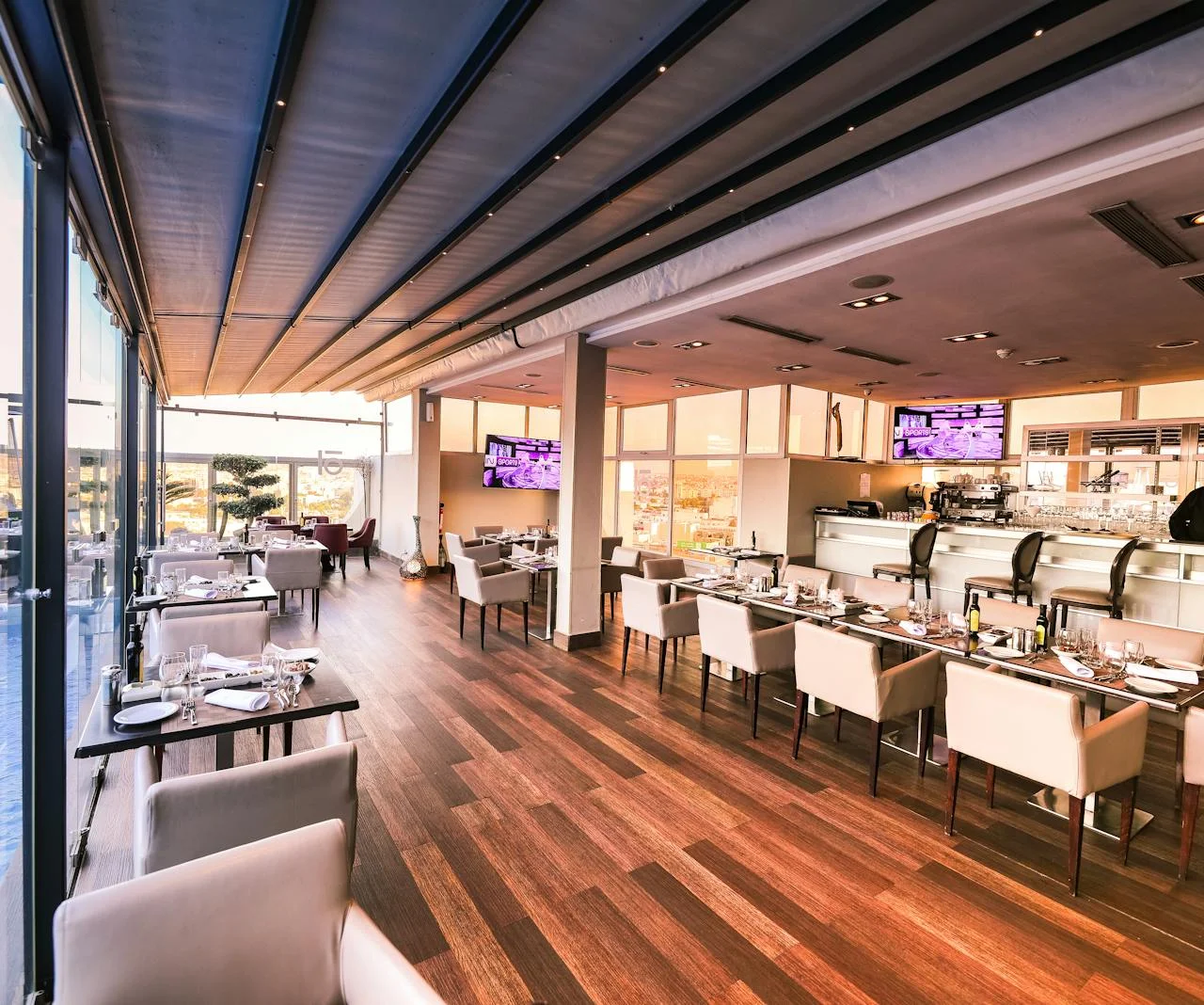
Restaurant Brands International Inc. has announced its financial results for the second quarter ending June 30, 2024. Josh Kobza, Chief Executive Officer of RBI, stated, “I am proud of our teams and franchisees who continue to deliver exceptional value to our guests through high-quality food and beverages, outstanding service, and enhanced convenience. Our focus on strategic investments and cost discipline allows us to address short-term consumer challenges while achieving sustainable results for both our business and franchisees.”
Second Quarter 2024 Highlights:
- Consolidated comparable sales grew by 1.9%, and the number of net restaurants increased by 4.0% year-over-year.
- System-wide sales rose by 5.0% compared to the previous year.
- Income from Operations reached $663 million, up from $554 million in the prior year.
- Net Income was $399 million, compared to $351 million in the previous year.
- Diluted EPS was $0.88, up from $0.77.
- Adjusted Operating Income of $632 million showed a 9.3% organic increase year-over-year.
- Adjusted Diluted EPS of $0.86 increased by 3.1% organically from the previous year.
Items Affecting Comparability and Segment Update:
- On May 16, 2024, RBI completed the acquisition of Carrols Restaurant Group Inc., and results from Carrols are included from this date through June 30, 2024.
- On June 28, 2024, RBI also acquired Popeyes China, with results to be included starting in Q3 2024.
- Following these acquisitions, RBI established a new segment, Restaurant Holdings (RH), which includes Carrols Burger King and PLK China restaurants. RBI now reports under six segments: Tim Hortons (TH), Burger King (BK), Popeyes Louisiana Kitchen (PLK), Firehouse Subs (FHS), International (INTL), and RH.
Financial Performance:
- The increase in Total Revenues was driven by higher Company restaurant sales, including those from the non-Carrols acquired BK restaurants and increased system-wide sales at INTL, TH, and PLK. These gains were partially offset by the elimination of franchise, property, and advertising revenues related to RH restaurants.
- Income from Operations rose due to favorable changes from equity investments, increased segment income, and inclusion of RH segment income. This was partially offset by higher operating expenses, unfavorable FX impacts, and RH transaction costs.
- Net Income growth was primarily attributed to increased Income from Operations, despite a loss on debt extinguishment and higher income taxes.
Burger King’s “Reclaim the Flame” Initiative:
- In September 2022, Burger King unveiled its “Reclaim the Flame” plan, which includes $400 million in investments to boost sales growth and franchisee profitability. This includes $150 million for advertising and digital investments (“Fuel the Flame”) and $250 million for remodels and technological upgrades (“Royal Reset”).
- In Q2 2024, Burger King allocated $6 million to Fuel the Flame and $10 million to Royal Reset investments. To date, $85 million has been invested in Fuel the Flame and $90 million in Royal Reset.
- Burger King also announced the Royal Reset 2.0 program, planning an additional $300 million investment in remodels from 2025 to 2028. This effort aims to achieve 85% to 90% modern image by 2028.
Tim Hortons Performance:
- For the second quarter of 2024, Tim Hortons saw an increase in system-wide sales, primarily due to a 4.6% rise in comparable sales.
- Total Revenues increased due to higher system-wide sales and convention revenues, partially offset by convention expenses and unfavorable FX impacts.
- Adjusted Operating Income grew due to higher system-wide sales, reduced supply chain costs, and net bad debt recoveries, although it was tempered by increased advertising expenses and unfavorable FX impacts.
For more detailed financial measures, including Adjusted EBITDA for TH, please refer to the “Non-GAAP Financial Measures” section.




